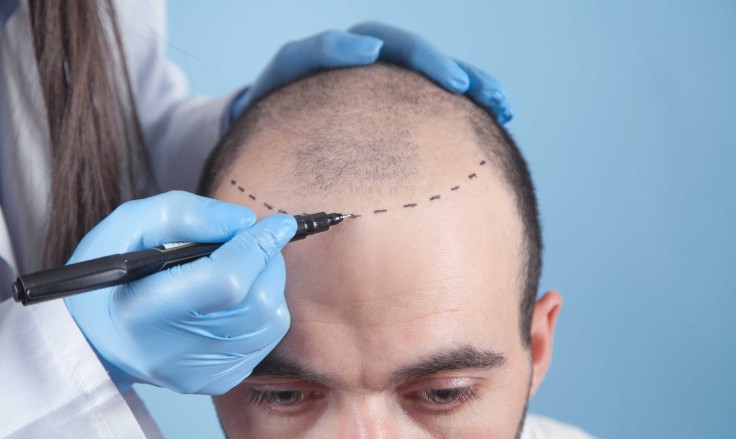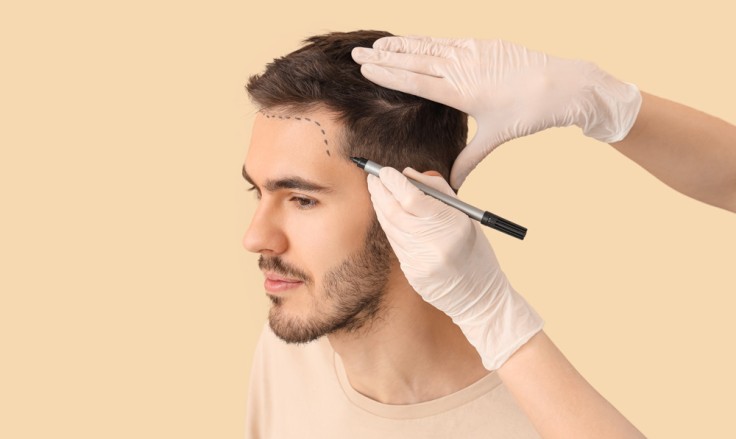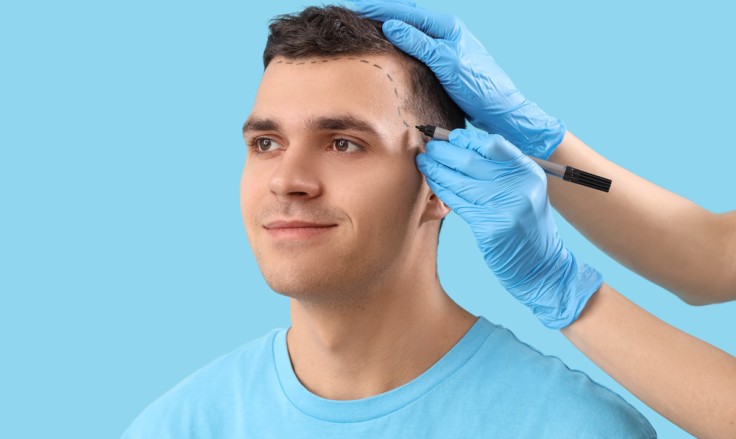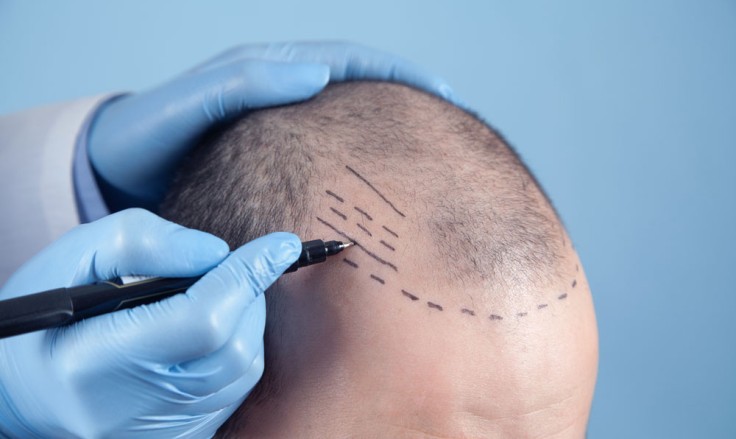Post-Transplant Care: How to Maintain Your New Hair
Introduction
Hair transplant surgery offers life-changing results. However, success depends heavily on proper Post-Hair Transplant Care. Good aftercare ensures faster healing, strengthens follicle growth, and prevents complications. This guide provides a full breakdown of how to maintain your new hair following the procedure. From immediate aftercare to long-term habits, every step matters in protecting your investment.
The First 72 Hours After Your Hair Transplant
The initial three days after surgery are crucial. During this time, grafts are very delicate. Therefore, it’s essential to avoid touching, scratching, or washing your scalp. Clinics usually apply a protective bandage and prescribe medication to reduce pain or swelling. Additionally, sleeping with your head elevated prevents excess swelling. Use two pillows or a recliner for best results.
Washing Your Hair Properly
Your surgeon will let you know when it’s safe to wash your scalp. It is usually after 48 to 72 hours. Use only the recommended shampoo and follow specific instructions. Gently pour lukewarm water over the area without direct pressure. Then, dab gently using your fingers - never rub or scrub. Afterwards, pat dry using a clean, soft towel. Harsh washing can dislodge grafts and slow healing.
Avoiding Physical Activity and Strain
During the first week, avoid any activity that causes sweating or increases blood pressure. Exercise, heavy lifting, or bending over can cause bleeding or graft loss. Light walking is acceptable, but intense workouts should be avoided for 10 to 14 days. Additionally, avoid saunas, hot tubs, and steam rooms, as heat increases inflammation.
Protecting the Transplanted Area
Direct sunlight and environmental exposure can harm newly transplanted follicles. Always wear a loose-fitting cap when outside. Additionally, avoid rain, wind, and pollution whenever possible. UV rays can damage delicate grafts, so stay indoors or in the shade for the first few weeks. Eventually, your scalp will strengthen, but protection remains important throughout early recovery.
Medications and Supplements
Your doctor may prescribe antibiotics, anti-inflammatory drugs, or pain relievers. Take all medications as directed. Additionally, some patients benefit from using topical minoxidil or oral finasteride. These help support long-term hair retention. Always consult your surgeon before starting any supplement. Some vitamins, like biotin, can also promote healthier hair and faster growth.
Managing Itching and Crusting
Mild itching is common during the first week of Post-Hair Transplant Care. Avoid scratching under all circumstances. Scratching can dislodge grafts and delay healing. Crusting or small scabs will form on the scalp. These typically fall off naturally within 7–10 days. Moisturising sprays or saline solutions provided by your clinic can help soothe irritation.
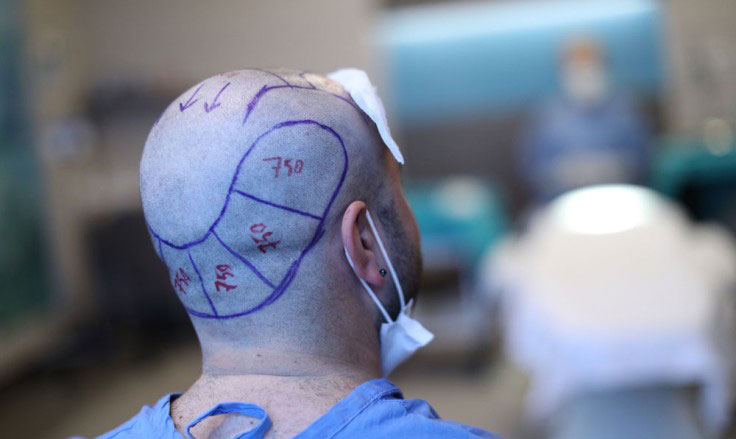
Sleep Position and Scalp Elevation
Proper sleep positioning is essential for the first week. Sleep on your back with your head elevated. Use two pillows or a neck cushion to maintain height and prevent contact with the transplanted area. Avoid sleeping on your stomach or sides to minimise friction. This helps reduce swelling and protects the grafts from accidental pressure.
When to Resume Normal Haircare
Typically, you can return to your usual haircare routine after 2 to 3 weeks. However, you must continue gentle handling. Avoid harsh shampoos, strong styling products, and heat tools for at least one month. Additionally, steer clear of chemical treatments like colouring, perming, or straightening for at least eight weeks. Always check with your clinic before introducing any new products.
Diet and Hydration for Healthy Hair Growth
A balanced diet plays a major role in your hair’s recovery and long-term health. Focus on nutrient-rich foods like leafy greens, fish, nuts, eggs, and lean meat. These provide essential vitamins such as zinc, iron, and biotin. Furthermore, drink plenty of water to stay hydrated. Good hydration supports cellular regeneration and speeds up healing.
Long-Term Maintenance and Post Hair Transplant Care
Even after healing, ongoing Post-Hair Transplant Care is important. Continue gentle washing and avoid harsh chemicals. Additionally, regular scalp massages can stimulate blood flow and support growth. Protect your hair from sun damage and pollution long-term by using appropriate headwear or UV-protection sprays. Follow up with your surgeon annually for assessment and care recommendations.
Avoid Smoking and Alcohol
Smoking impairs blood flow, which can damage hair follicles and delay healing. Therefore, patients should quit smoking before and after surgery. Similarly, alcohol can interfere with blood clotting and medication effectiveness. Avoid alcohol for at least one week post-surgery. Long-term abstinence or moderation supports better hair retention and scalp health.
Conclusion
Post-Hair Transplant Care is essential for achieving the best possible results. Following expert advice, maintaining good hygiene, avoiding harmful behaviours, and making long-term lifestyle adjustments are key to long-lasting success. By caring for your new hair and scalp diligently, you’ll enjoy a fuller, healthier look and restore your confidence for years to come.
For more information on hair transplants and to book a consultation visit the ACIBADEM Beauty Center Hair Transplant webpage.

